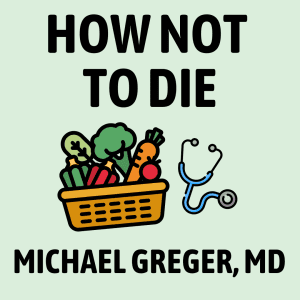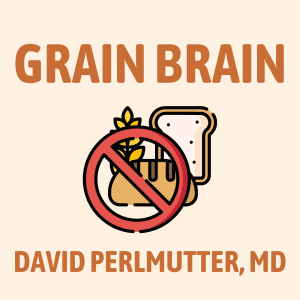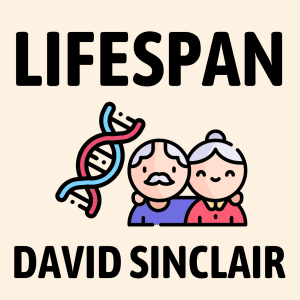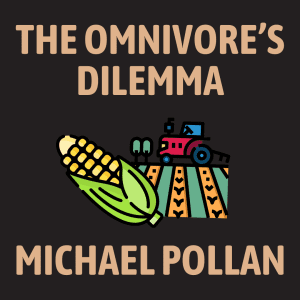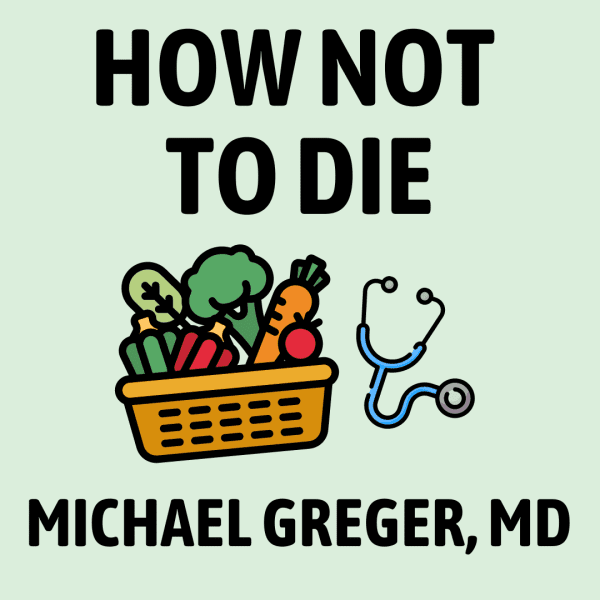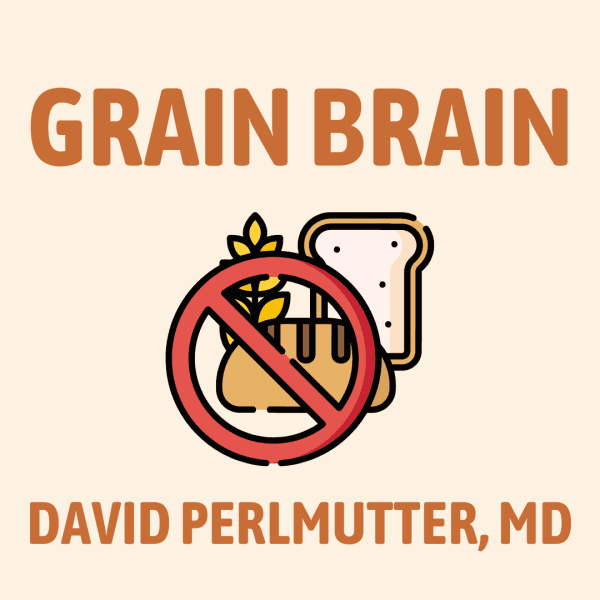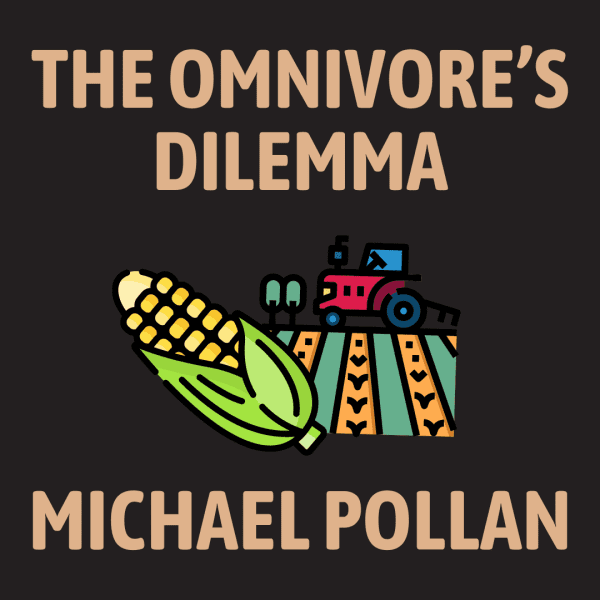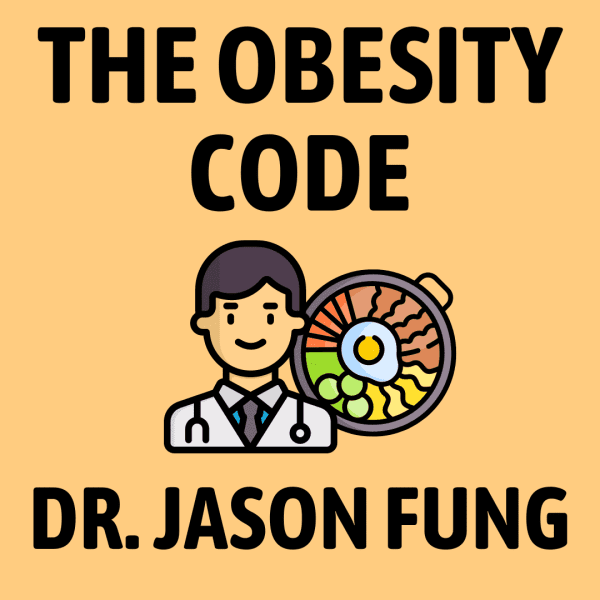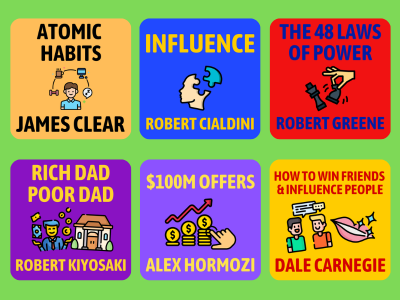How to Not Die reveals the connection between what we eat and chronic diseases.
Based on hundreds of references to scientific evidence, Dr. Michael Greger shows how to prevent (and even reverse) the top causes of death like heart disease, most cancers, diabetes, obesity, strokes and Alzheimer's.
Grain Brain is about improving brain health through eating more "good fats" and less grains, sugars, and processed carbs.
Dr. Perlmutter says this diet helped many of his patients lower their weight, blood sugar, inflammation, and cholesterol levels—thereby decreasing their risk for dementia, diabetes, and other chronic diseases.
Lifespan is about how to live longer and healthier, according to the latest science.
Harvard researcher David Sinclair says that aging is a disease that will be treatable and—perhaps one day—completely preventable.
For now, we can boost our longevity with practices like fasting, exercise and cold exposure.
The Omnivore's Dilemma is about where our food comes from.
Michael Pollan went on a journey through the big food industry and discovered processed corn is in almost everything we eat.
He also explored 'alternative' food systems like a smaller organic farm and finding wild food in the forest.
The Obesity Code is about a different approach to losing weight, not through cutting fat or calories, but through controlling our hormone insulin.
Dr. Fung recommends a low-carb healthy-fat diet filled with whole unprocessed foods, as well as intermittent fasting.

